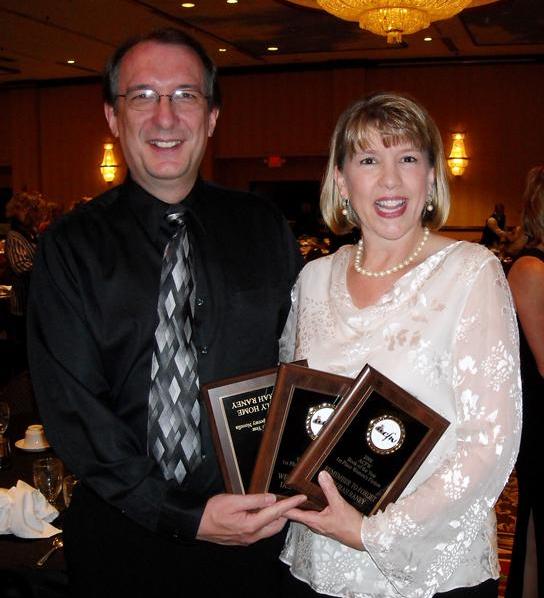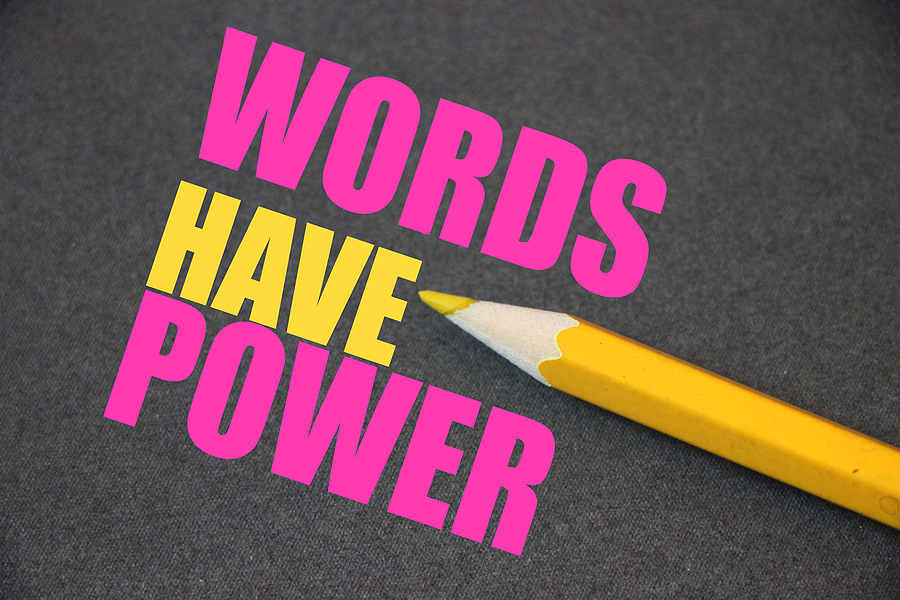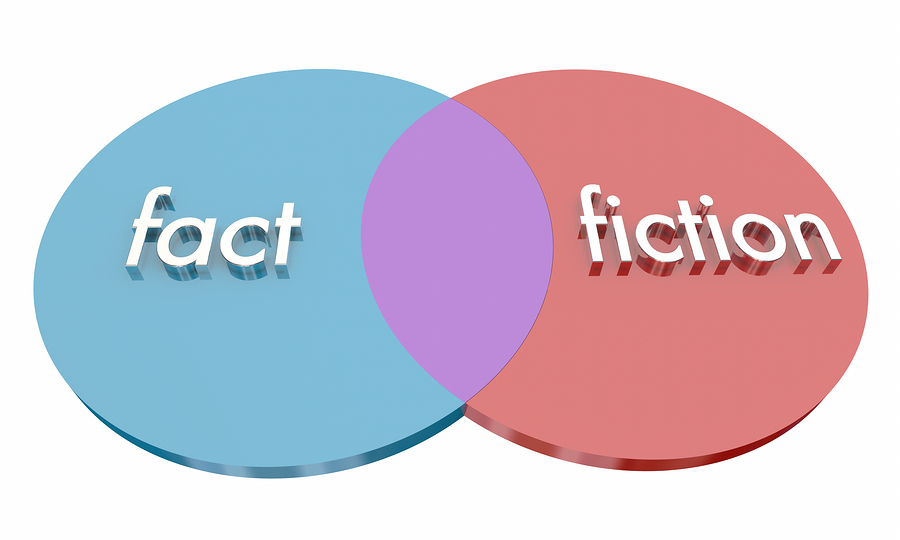 We are very glad to have Jamie Lapeyrolerie be our guest today. We have worked together on several projects in her position as an editor for Waterbrook & Multnomah, a division of Penguin Random House. She is also a writer and actively involved in the publishing industry, including The Christy Award® Advisory Board and ECPA’s PubU. Her writings have appeared in Christianity Today, Christ and Pop Culture, and Ekstasis Magazine. You can find her bookish and editorial writings here, her C.S. Lewis and Tolkien substack here, and on Instagram @musingsofjamie. Welcome, Jamie!
We are very glad to have Jamie Lapeyrolerie be our guest today. We have worked together on several projects in her position as an editor for Waterbrook & Multnomah, a division of Penguin Random House. She is also a writer and actively involved in the publishing industry, including The Christy Award® Advisory Board and ECPA’s PubU. Her writings have appeared in Christianity Today, Christ and Pop Culture, and Ekstasis Magazine. You can find her bookish and editorial writings here, her C.S. Lewis and Tolkien substack here, and on Instagram @musingsofjamie. Welcome, Jamie!
When people find out I’m an editor, nearly 100% of the time people say something along the lines of “Oh, so you read all the time?” I don’t mind when people do, and it breaks the ice; but sadly that isn’t the case. Far from it. Not only because editing is nothing like reading for fun (we work to get it to that final stage), but there are also so many different plates and things editors balance and do during a workday. That would be the dream to be able to spend most of the day editing; but, alas, emails, meetings, launches, and everything in between await.
Like my post about ways to get into publishing as a career, there are many options when it comes to editorial work. I thought I’d share a few with you today. Each publishing house (and even imprint) do things differently, so it may look different depending on where you go. At some places there might be individual acquisitions editors and developmental and line editors; others have one person responsible for all. That’s the way we handle it: We acquire and edit (dev and line) and champion the project the whole way through and even after it goes on sale. It’s a joy to be able to partner with authors that way.
So here you go. Do any stick out to you as something you’d want to do? Lean into your strengths! I’m forever thankful for my copyeditors and proofreaders. I will say that every chance I get. Also, many of these can be done as freelance, working directly with authors or publishing houses.
- Acquisitions Editor: This person acquires new manuscripts and book projects. This is often done by working with literary agents, but also following trends and finding up-and-coming voices or fresh ideas for established and trusted voices.
- Developmental Editor: Also known as a substantive editor, this step focuses on the big picture elements of a manuscript, such as structure, plot, character development (in fiction), and pacing. This tends to be the biggest revision work for the author as well, as they shape and implement all the feedback from the editor. There are usually different levels for editors in this space as well (i.e., associate editor, editor, executive, senior, etc).
- Line Editor: This process is going line by line to improve the writing style, clarity, and flow. These editors focus on sentence structure, word choice, and overall readability. And yes, sometimes line edits can sneak in during developmental stage because some editors (me) can’t resist.
- Copy Editor: Shout out to every single one of these! This editor focuses on grammar, punctuation, spelling, and consistency. They also make sure the manuscript is in line with the publisher’s style guide and correct any errors in the text. They also catch things that slipped through the first couple of rounds (like matching dates).
- Proofreader: We love you proofreaders! Proofreaders are another very helpful set of final eyes on a manuscript before it goes to print. They check for any remaining typographical errors, formatting issues, and other minor mistakes that may have been missed in previous editing stages.
- Managing Editor: This editor oversees the entire editorial process, coordinating between different departments (such as design, production, and marketing) to ensure that the book is completed on schedule and meets the publisher’s standards.
- Production Editor: For some imprints, a production editor also acts as the managing editor. So they are handling a lot! They manage the production process, ensuring that the manuscript is properly formatted and prepared for printing. They may also handle the coordination of ebook versions and other digital formats. And they are saints because we dev editors are always asking for an extension to our deadlines.
- Editorial Assistant: Queens and kings that keep us sane! They are helpful with so many details and processes, and we’d be lost without them.
There really are so many options with every role in publishing. Plenty of positions to try and shoot for.
© 2025 Jamie Lapeyrolerie
Be sure to subscribe to her “Musings of Jamie” substack posts at https://musingsofjamie.substack.com.











